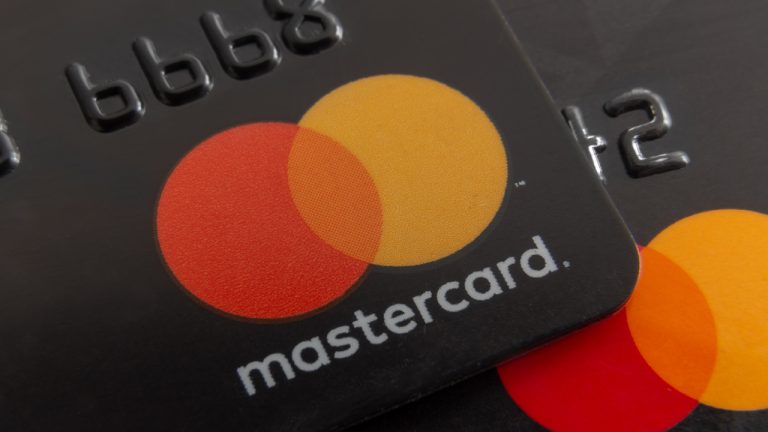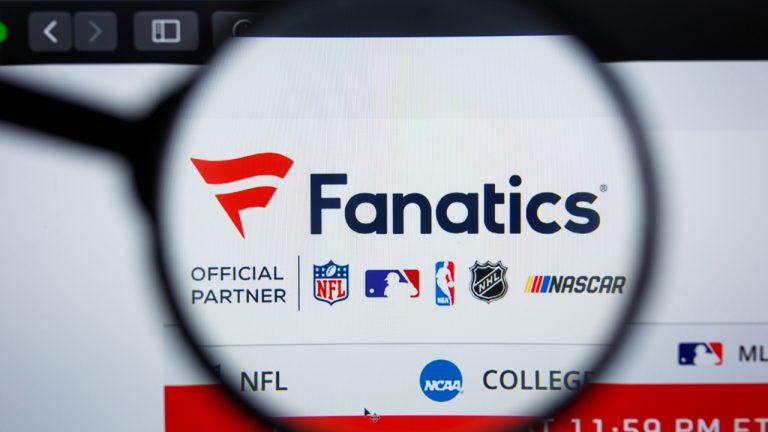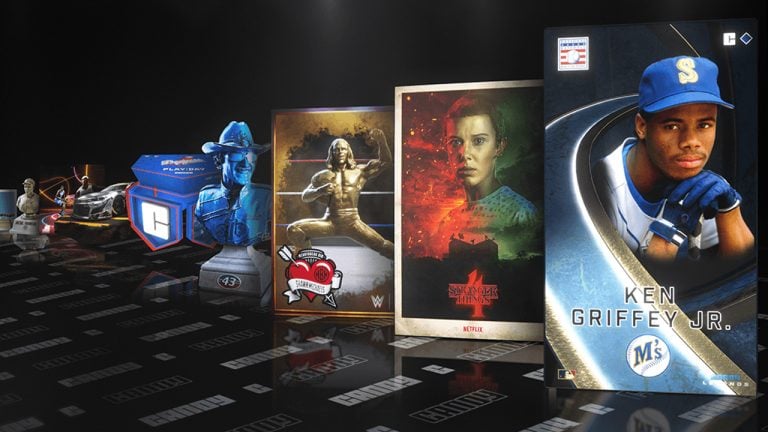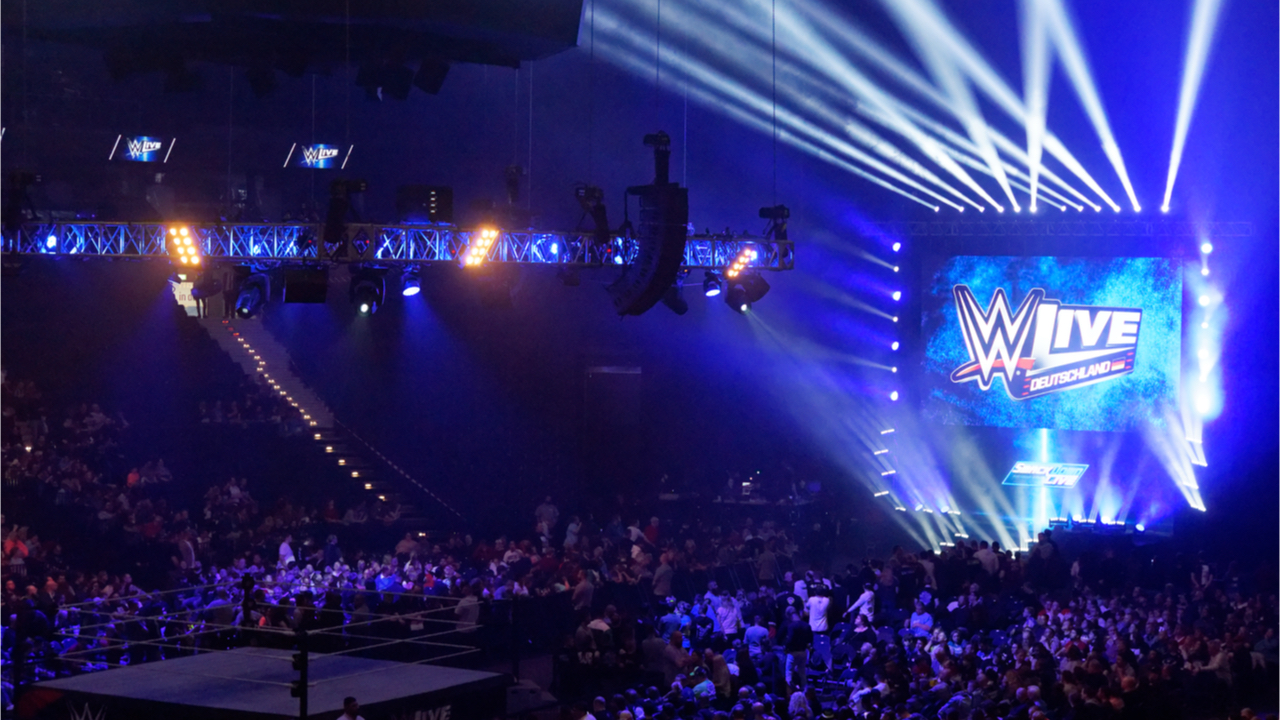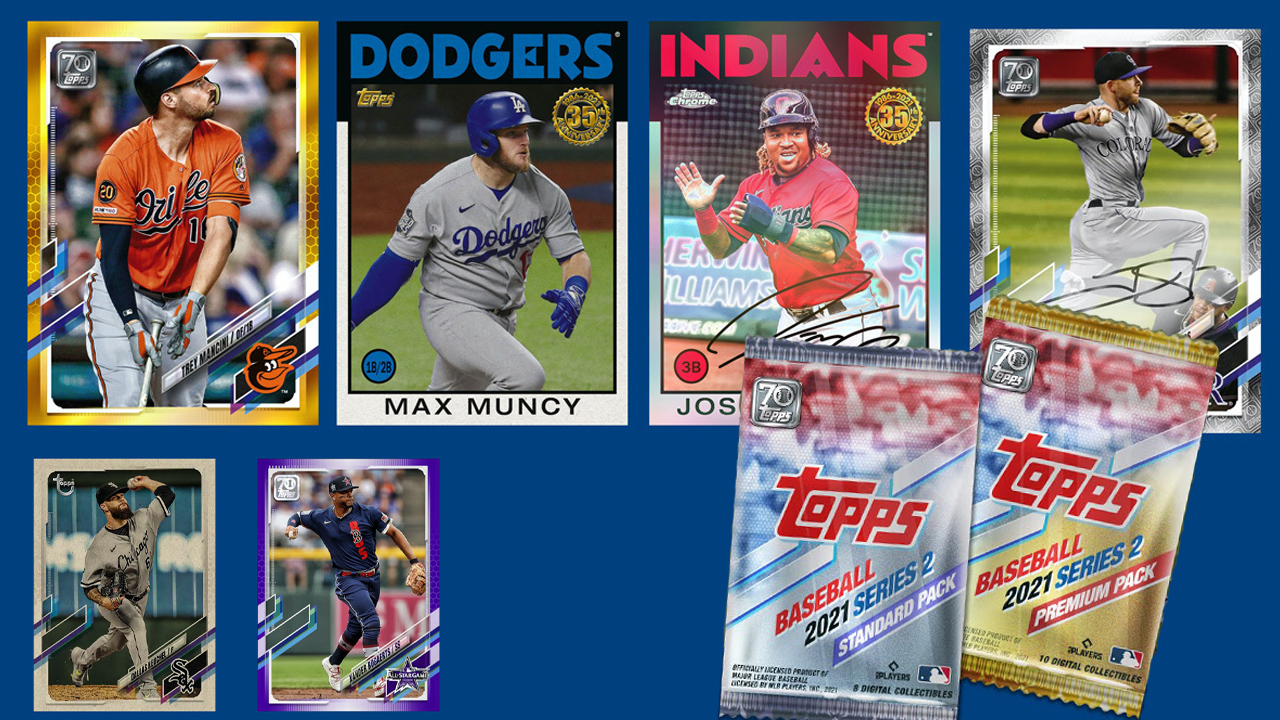
Decentraland Foundation executive director Yemel Jardis believes as people become more educated about NFTs, the focus will shift from speculative trading to genuine utility.
A steep collapse in the price of nonfungible tokens (NFTs) shouldn’t be seen as a sign of distress but rather a signal the technology is maturing, according to Web3 executives.
“I wouldn’t say the NFT market has regressed,“ Decentraland Foundation executive director Yemel Jardi told Cointelegraph. “Rather, it’s maturing."
Jardi’s comments come after a September report from dappGambl that analyzed over 73,000 NFT collections and concluded that as much as 95% of the NFTs studied had no value, as prices, sales volume and transactions have slid over the past year.
Jardi stressed that markets are cyclic and it is natural for there to be periods of adjustment.
He attributed sliding NFT floor prices partly to “speculative trading” and said the value of NFTs should instead be anchored to their utility.
“As people become more educated about NFTs, their use cases and their utilities, the market will stabilize and the focus will shift from speculative trading to genuine utility and innovation.”
Anjali Young, co-founder of the tokenized community-management platform Collab.Land, isn’t surprised about the anti-NFT sentiment either.
“Any innovation — especially this one with financial impact, cultural value and status — will attract questioning during its downs,” she said.
Young believes many projects have stumbled since marketplaces such as OpenSea removed mandated royalty fees in late August.
Despite this, Young claimed that NFTs are “here to stay” and expects they will be more frequently used for loyalty programs, rewards, advertising and proof of authenticity in the coming months.
They've left us all for dead, saying 95% of NFTs are worthless.
— Rarity Sniper (@RaritySniperNFT) September 23, 2023
But the truth is very, very different.
Look no further than car companies and their adoption of NFT tech ️
From collectibles to supply chains, perhaps no industry is more bullish on Web3.
A short thread
Tama Churchouse, chief operating officer of Cumberland Labs, recently opined that NFTs aren’t “dead,” arguing that recent developments in the space show there are still signs of life.
While the NFT market has primarily been dominated by digital art, Jardi said that nonfungible tokens remain an important tool for the broader digital landscape, as ownership of tangible assets can be denoted to users in novel ways.
Wow, someone just listed a $26.5 million building in one of New York City's most prestigious areas as an #nft.
— Chris Wieduwilt (@deloreanchris) June 6, 2022
Handling property rights through NFTs is a very exciting use case to cut out the middle men. #realestate #nfts #NFTCommunity #nftcollector pic.twitter.com/PowOwwMZsb
Jardi believes governments and institutions will leverage NFTs in the future for various use cases. On Oct. 9, the Chinese-state-owned newspaper China Daily announced plans to launch a platform for trading digital collectibles.
Related: Mainstream NFT adoption will be driven mostly by their utility
The entertainment sector is another huge market for the NFT industry to capture, according to Scott Lawin, CEO of sports token platform Candy Digital.
Lawin told Cointelegraph that 24% of Major League Baseball fans who entered stadiums with mobile tickets in 2022 redeemed their complimentary commemorative digital ticket provided by Candy as a form of memorabilia.
“Those are all utilities of NFTs in real time,” Lawin added.
On the brand side, Adidas, Bud Light, Gucci, Prada and other companies dipping into the NFT space have seen a recent uptick in the number of active users on their Discord channels, Young said.
The NFT market capitalization currently stands at $5 billion, according to data from Forbes Digital Assets. The Yuga Labs-owned CryptoPunks and Bored Ape Yacht Club collections are the two largest, with market caps of $710 million and $400 million, respectively.
Magazine: NFT Collector: William Mapan’s Distance sells out, NFT float in Macy’s Parade, Nouns DAO forks



